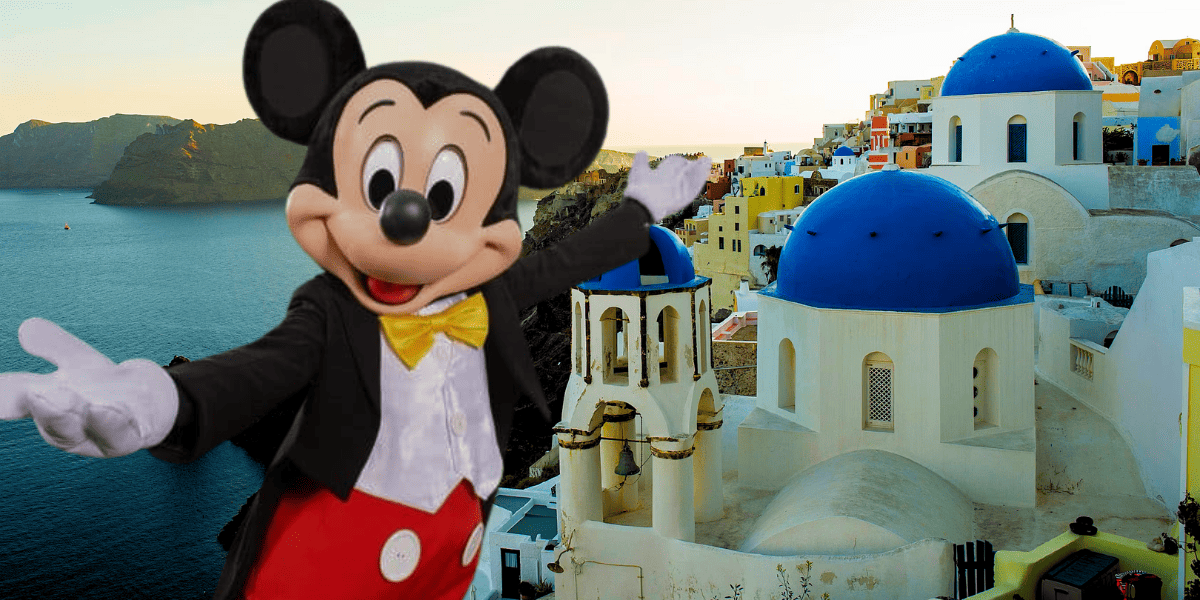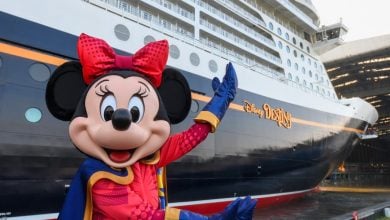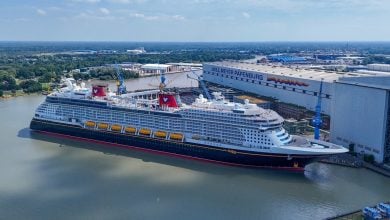Legal Storm Builds as Disney To Enforce New Ban Across Cruise Line
What’s Being Banned and Why?
Picture this: you’re soaking in the sun on the white sands of Disney’s Castaway Cay on a Disney Cruise Line. You lather on your sunscreen, trusting it’s protecting both your skin and the environment. But what if the label claiming it’s “reef friendly” isn’t true?
That’s the unsettling reality surfacing now, as major sunscreen companies face mounting legal pressure for misleading environmental claims. And with destinations like Lighthouse Point and other tropical ports on the Disney Cruise Line itinerary, this could directly affect what guests should bring on board.

Disney Cruise Line: A Legal Storm Brews Over “Reef Friendly” Labels
In California, the Santa Clara County District Attorney’s Office has launched a series of civil lawsuits against some of the biggest names in the sunscreen industry. The focus? Brands that labeled their chemical sunscreens as safe for reefs—without the science to back it up.
In recent months, Supergoop and Sun Bum reached legal settlements totaling $650,000. Both companies agreed to stop advertising their chemical sunscreens as harmless to marine life and were ordered to notify retailers across California to cover up any reef-safe claims with stickers.
But those were just the first waves. Prosecutors have now turned their attention to Edgewell Personal Care, the manufacturer behind Banana Boat and Hawaiian Tropic.

The Chemicals at the Center of Controversy
Edgewell is accused of promoting products as “reef friendly” while using avobenzone, a UV filter with structural similarities to oxybenzone—a chemical banned in Hawaii in 2018 due to its harmful impact on coral reefs.
The lawsuit states plainly: “Not only was the ‘reef friendly’ claim by Defendants a scientifically unsupported one, the actual scientific evidence and public legislation pointed strongly to the opposite conclusion.”
This means travelers, including Disney Cruise Line guests, may have been unknowingly contributing to reef damage while believing they were making environmentally responsible choices.

Why It Matters for Disney Cruise Line Guests
Destinations like Castaway Cay and the brand-new Lighthouse Point are more than just beach stops. They are part of a delicate marine ecosystem that Disney promotes as pristine, eco-conscious, and protected.
But if guests are using sunscreens that contain reef-harming chemicals—especially under false labels—it contradicts that very mission. While Disney has not yet issued new guidance on what sunscreen products to bring, this legal battle may force future policy changes.

What Travelers Should Do
With legal consequences shaking up the sunscreen industry, guests preparing for Disney Cruise Line voyages should consider switching to mineral-based sunscreens, specifically those containing non-nano zinc oxide or titanium dioxide. These options are generally regarded as safer for coral reefs and marine habitats.
In the words of Santa Clara County Deputy DA Christopher Judge, “If a consumer goes into Google and types ‘Is x-y sunscreen reef safe and friendly?’… there’s going to be a lot of information there.” That’s exactly what prosecutors are hoping for—greater transparency and education for consumers.

The Bigger Picture for the Disney Cruise Line
This wave of litigation could signal the start of stricter regulations nationwide. As legal settlements continue and lawsuits unfold, sunscreen manufacturers may soon face tighter scrutiny on environmental claims.
For travelers headed to Disney’s island getaways and beyond, the sunscreen they choose is no longer just a health choice—it’s an environmental decision with real consequences.
Before you board the ship, it might be time to rethink what goes in your beach bag.






If people couldn’t find something to sue about they wouldn’t be happy and all they do is make lawyers rich. People have been using sunscreens for years and now they find wording to sue about. People have just gone crazy.
It wasn’t just a person, it was the district attorney’s office. And if the manufacturer had not lied, put “reef friendly” on the product, then they wouldn’t have had a problem. They lied, they got caught, they got people to buy their product, all knowing it was not reef friendly. So why don’t we make the companies accountable for all of their false claims? Why does the average person need to be snookered, not to mention paying more for a product that is not advertised correctly? No, the companies need to pay, and the consumer should be reimbursed for the above average price they paid for subpar, falsely labeled product.